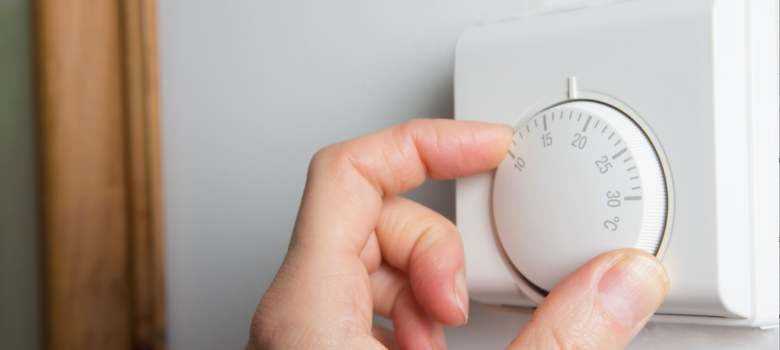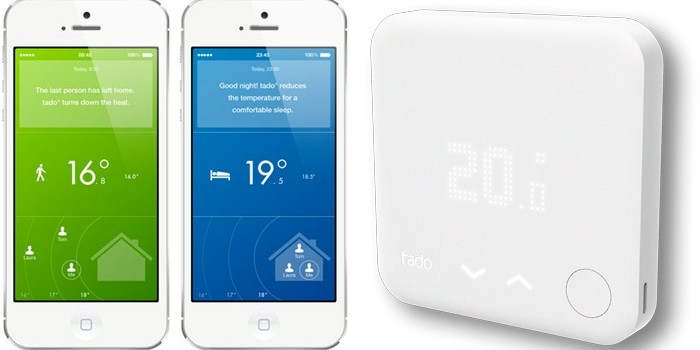
We all like to feel cosy and comfortable in our own homes, and heating can be a costly business. But did you know that indulging too much can impact on more than just your bills?
Cost
Clearly, paying for heating when you could be keeping warm in other ways is daft. If you can make do with another jumper and a hot water bottle, then that should be the first port of call. If you need a little extra (and sometimes we all do!), it’s worth making some little changes to ensure you’re making the most of the heating you’re paying for. Turning your thermostat up by just 1 degree can cost you a huge £100 over the course of the year. Invest in some good-quality insulation, a smart heating system if possible, and learn to zone your home to keep it warmer. There’s no need to heat your hallway at full whack if you’re only passing through it; if you know you’ll be spending the evening in your living room, concentrate on the temperature in there! Use your doors to create separate ‘zones’ in your home, and use thermostatic radiator valves to heat them to different temperatures. None of these measures should break the bank, and they can save you a lot in the long run.
Environment
Remember that every bit of energy you use has to come from somewhere! The more energy we use from non-renewable sources, the more strain is put on the environment. Conserving energy is more important than ever in the UK at the moment.
 Ventilation
Ventilation
If you’re preoccupied with keeping your home warm, you may be keeping your windows firmly closed. Lots of people don’t realise that inadequate ventilation can have knock-on effects for your health and your home. Dry air is unpleasant and can lead to headaches, sore throats and eyes. Added to that, the air we’re breathing in our homes is not as clean as we’d like to think – often it is far worse than outdoors. VOCs and toxins are released from everyday household products like aerosol sprays, and even your furniture and carpets.There is evidence that long-term exposure to this air can lead to health complaints such as respiratory problems, heart complaints and even lung cancer. There’s no need to panic if you keep a supply of fresh air, but you could consider investing in an air quality monitor. There are quite a few on the market these days – some as part of smart heating systems, such as Netatmo’s offering.
Another problem often arising from poor ventilation is damp. Daily activities like cooking and showering all contribute to humid conditions in the home, and opening windows helps get rid of steam which would otherwise settle on walls as condensation. If this turns into damp, it can cause structural difficulties which are then difficult to get rid of.
Most people agree that 18-21 degrees is a perfectly comfortable temperature for your home to be at. So set your thermostat and watch out for people sneakily turning it up when you’re not looking!
Think we missed something? Do you have a different opinion?
Comment below to get your voice heard…












No Comments yet! Be the first one.